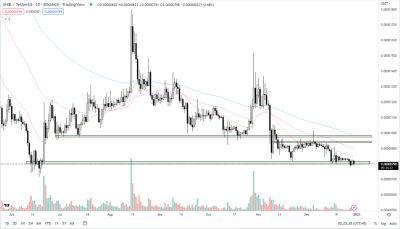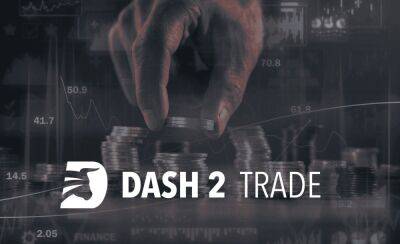The future of smart contract adoption for enterprises
Decentralized finance (DeFi) markets may have cooled down over the past year, but the technology powering these applications continues to advance. In particular, smart contract platforms that enable transactions to take place across DeFi applications are maturing to meet enterprise requirements.
While it’s notable that enterprises have previously shown interest in DeFi use cases, smart contract limitations have hampered adoption. A report published by Grayscale Research in March puts this in perspective, noting that “Despite handling millions of transactions per day, smart contract platforms in their current state would be incapable of handling even 10% of the worlds’ internet traffic.”
This notion is particularly troublesome considering the market opportunity behind DeFi. For instance, Grayscale Research’s report mentions that DeFi and Metaverse applications combined are likely to have a market capitalization much larger than the current digital asset market.
Given this potential, it’s become clear that smart contracts must advance in order to accommodate growth. John Woods, chief technology officer of the Algorand Foundation — the supporting organization of the eponymous blockchain ecosystem — told Cointelegraph that today’s smart contracts have a number of technical restrictions, such as scalability issues, which have resulted in slow transaction time and the inability to process complex computations.
Recent: How smart contracts can improve efficiency in healthcare
Woods shared that smart contracts uploaded to the Algorand blockchain are applied primarily to traditional DeFi use cases that enable things like automatic trading of on-chain digital assets. Yet, when it comes to enterprise use cases, Woods mentioned that
Read more on cointelegraph.com





















